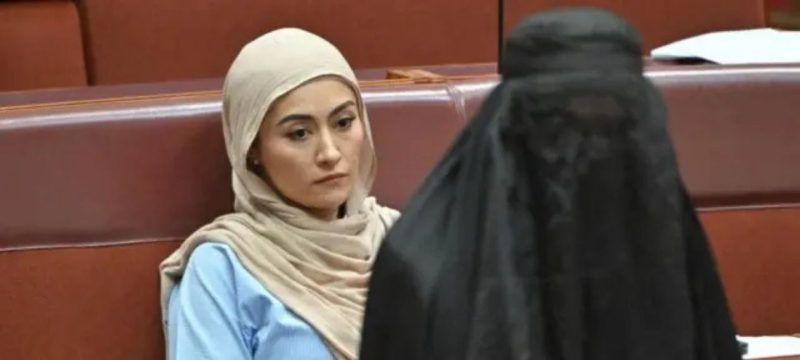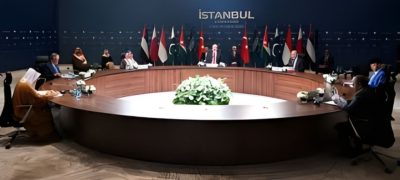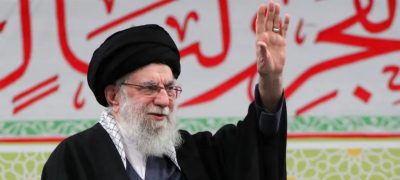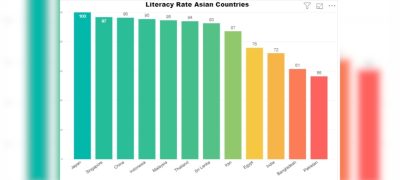CANBERRA – The Australian Senate on Tuesday suspended far-right Senator Pauline Hanson for seven sitting days after she wore a burqa to Parliament. Hanson used the garment as a political prop to push her campaign to ban burqas in public, sparking strong condemnation from lawmakers.
Hanson wore the burqa on Monday after she was denied permission to introduce a bill banning burqas and other face coverings in public spaces. Muslim lawmakers accused her of racism, saying her act mocked and vilified an entire faith observed by nearly a million Australians.
Foreign Minister Penny Wong, who leads the centre-left Labor government in the Australian Senate, criticized Hanson, saying her actions were “hateful and shallow pageantry” that harms Australia’s social fabric and has “cruel consequences for many of our most vulnerable.” Wong added, “I’ve never seen someone be so disrespectful to Parliament.”
A motion censuring Hanson, the One Nation party leader, passed 55-5. Hanson’s party has gained popularity in recent years, expanding its Senate presence to four seats after May’s general election. Polls indicate continued growth in support for Hanson and One Nation, fueled by nationalist sentiment and anti-immigration policies.
Hanson defended her actions, saying there is no dress code in Parliament. “If you can wear a helmet into a bank or other venues where they ask you to remove it, why is the burqa any different?” she said. She added, “I’ll stand my ground, and what I believe in, I will continue to do so. It will be the people that will judge me.”
The Queensland senator first rose to prominence in the 1990s for her strong opposition to immigration from Asia and asylum seekers. Hanson has repeatedly campaigned against Islamic clothing, wearing a burqa in Parliament once before in 2017 to call for a nationwide ban.
In other news read more about Australian Senator Wears Burqa in Parliament, Sparks Controversy
The Australian Senate’s decision to suspend Hanson underscores ongoing tensions over cultural and religious issues in national politics. The incident has reignited debates about freedom of expression, religious tolerance, and the role of Parliament in addressing divisive social issues.









